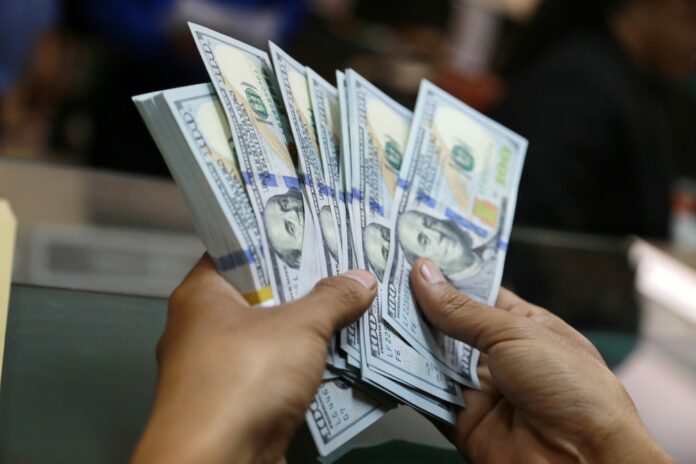A proposed 1 percent tax on overseas remittances currently being deliberated in the US Congress has sparked concern among Philippine policymakers, given its potential to reduce a key source of foreign exchange for the economy—even as only a minority of Filipinos directly receive such remittances.
According to the Department of Finance (DOF), only 12.8 percent of Filipinos receive remittances from relatives and friends in the US and other parts of the Americas, based on recent survey data. Despite this limited reach, the policy could have outsized economic implications, with the potential tax burden estimated to range from US$100 million (P5.6 billion) to more or less US$500 million (P28.2 billion), depending on remittance volume and foreign exchange behavior.
The proposed tax, while not entirely inconsequential, raises practical issues, particularly around how the collection mechanism will work, notes DOF chief economist Domini S. Velasquez in briefing reporters at the annual convention of thrift banks on Tuesday. “It’s not just the tax of 1 percent, but also how the taxpayer behaves in terms of the exchange rate.”
Philippine officials are closely monitoring the US legislation, which, if enacted, could complicate remittance flows from the estimated 4.4 million Filipinos living in the US—3.5 million of whom are migrants. Remittances from the US alone are projected to reach US$26.5 billion in 2026, providing crucial liquidity that underpins domestic consumption and sustains millions of households.
However, Velasquez noted that a lack of clarity in the proposed measure makes it difficult to assess its full impact. For instance, the Bangko Sentral ng Pilipinas (BSP) and the Philippine Statistics Authority (PSA) often cite differing figures due to variations in data collection. Moreover, as much as 40 percent of global remittance inflows are tagged as originating from the US, largely because many transactions are routed through American correspondent banks—even when the original remitter is based in another country.
This raises important questions for both tax and remittance policy, as well as for exchange rate management. Philippine authorities are studying the proposed US tax closely, recognizing that even marginal reductions in remittance inflows could have a ripple effect on consumer spending and foreign currency reserves.
Remittances are a vital lifeline for the economy, and any disruption—regardless of scope—warrants serious attention, it was noted.







